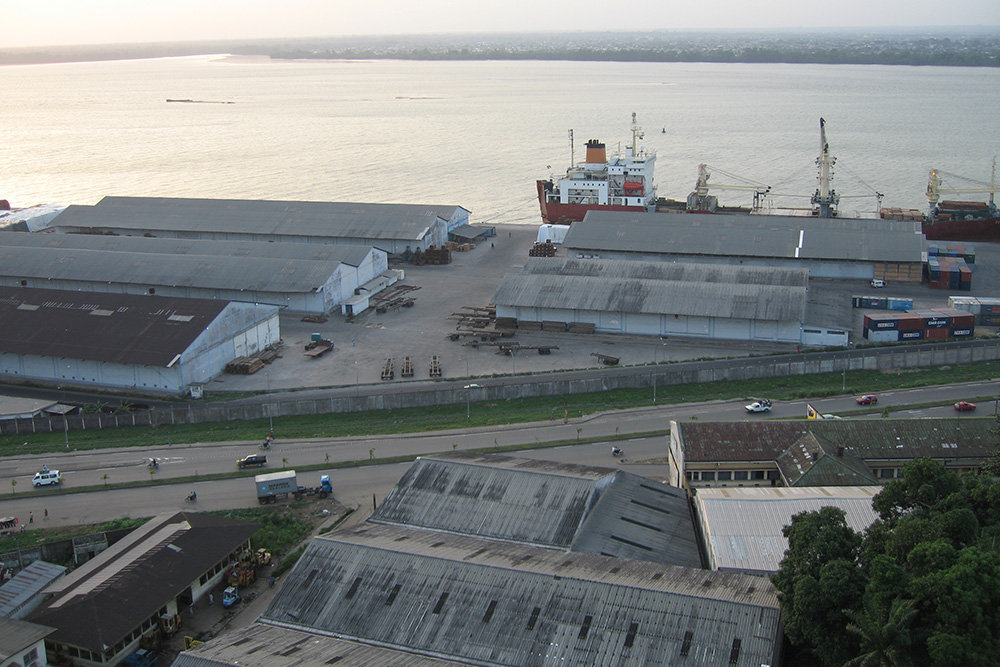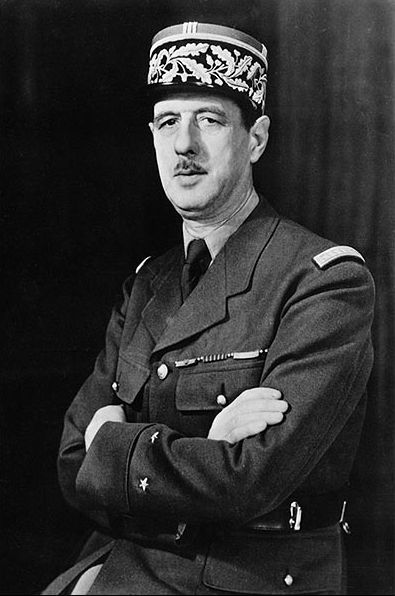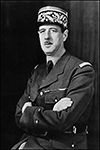Port of Douala
During both world wars, the port of Douala on the Wouri estuary played a role far beyond its regional scale. In 1914, when Cameroon was still a German colony, Douala was the principal maritime gateway of Kamerun. The outbreak of the First World War quickly turned the estuary into a contested zone. Allied naval forces from Britain and France blockaded the coast, and in September 1914 they launched operations to seize the port. After weeks of fighting, Douala fell to the Allies, giving them control of the colony’s main harbor and cutting Germany off from its Central African possession. From then until the end of the war, Douala served as the administrative and logistical center for the Allied occupation of Cameroon, with its port handling the flow of troops, supplies, and communications that sustained the campaign inland.
By the time of the Second World War, Douala was under French mandate, and its importance as a maritime hub had only grown. In 1940, following the fall of France, Cameroon rallied to General de Gaulle and Free France. Douala’s port became one of the first strongholds of the Free French movement. De Gaulle himself landed there in October 1940, marking the beginning of Free France’s presence in Equatorial Africa. The harbor was soon integrated into Allied supply networks across the Atlantic and into the interior of Africa. Ships carrying matériel, troops, and aircraft components docked at Douala before their cargoes were moved inland or flown onward along the ferry routes that linked West Africa to the Middle East. The port thus became both a political symbol of Free France and a practical lifeline for Allied operations in the region.
The port played an important role during Operation Postmaster as secret agents travelled from and to the port. From here, the two captured vessels were picked up by the HMS Violet.
By the end of the Second World War, Douala had been transformed from a colonial harbor into a strategic node of global conflict. Its wartime role laid the foundations for the postwar expansion of the port, which would become Cameroon’s principal maritime outlet and one of the busiest harbors in Central Africa.
Do you have more information about this location? Inform us!
Source
- Text: TracesofWar
- Photos: Emiliano Gandolfi
- LETT, B.G., Ian Fleming and SOE's Operation POSTMASTER, Pen & Sword Military, 2012.







